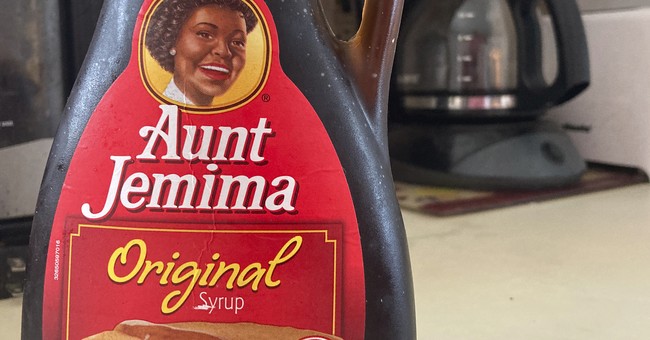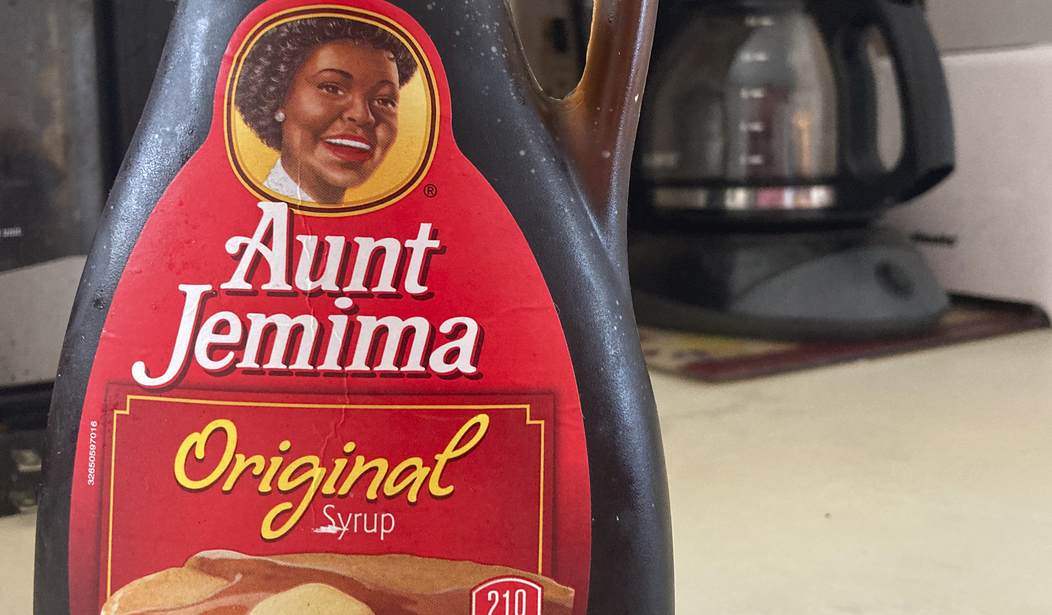
This week, the parent company of Aunt Jemima, Quaker Oats, said they would be re-working the brand.
From Townhall:
“As we work to make progress toward racial equality through several initiatives, we also must take a hard look at our portfolio of brands and ensure they reflect our values and meet our consumers’ expectations,” Kristin Kroepfl, Vice President and Chief Marketing Officer of Quaker Foods North America, said in a statement. “We recognize Aunt Jemima’s origins are based on a racial stereotype. While work has been done over the years to update the brand in a manner intended to be appropriate and respectful, we realize those changes are not enough.”
But not everyone was happy with their move, particularly not the great-grandson of one of the two women behind ‘Aunt Jemima,’ as he told the Patch.
“This is an injustice for me and my family. This is part of my history, sir,” Larnell Evans Sr. told me. “The racism they talk about, using images from slavery, that comes from the other side — white people. This company profits off images of our slavery. And their answer is to erase my great-grandmother’s history. A black female. … It hurts.”
The first “Aunt Jemima” debuted at Chicago’s World’s Fair in 1893. Former enslaved woman Nancy Green, who worked as a cook on the South Side, was hired to wear an apron and headscarf while serving pancakes to folks who came to visit the fairgrounds known as “The White City.” Green embodied the Aunt Jemima character until her death in 1923.
Evans says his great-grandmother — the late Anna Short Harrington — took Green’s place.
It was her likeness Quaker Oats used. She worked as a cook at the Kappa Sigma fraternity house in Syracuse. She was discovered by a Quaker Oats representative while serving up her pancakes at the New York State Fair in 1935.
Harrington worked for Quaker Oats going around the country, promoting the brand and became a national celebrity.
“She worked for that Quaker Oats for 20 years. She traveled all the way around the United States and Canada making pancakes as Aunt Jemima for them,” he said. “This woman served all those people, and it was after slavery. She worked as Aunt Jemima. That was her job. … How do you think I feel as a black man sitting here telling you about my family history they’re trying to erase?”
According to Evans, they also used her pancake recipe for which the family says they never paid her or the family any royalties.
“How many white people were raised looking at characters like Aunt Jemima at breakfast every morning? How many white corporations made all them profits, and didn’t give us a dime? I think they should have to look at it. They can’t just wipe it out while we still suffer,” he said.
“After making all that money —and now’s the time when black people are saying we want restitution for slavery — they’re just going to erase history like it didn’t happen? … They’re not going to give us nothing? What gives them the right?”
While they’re virtue-signaling, they’re forgetting the very real person and history behind the name, and her family.













Join the conversation as a VIP Member